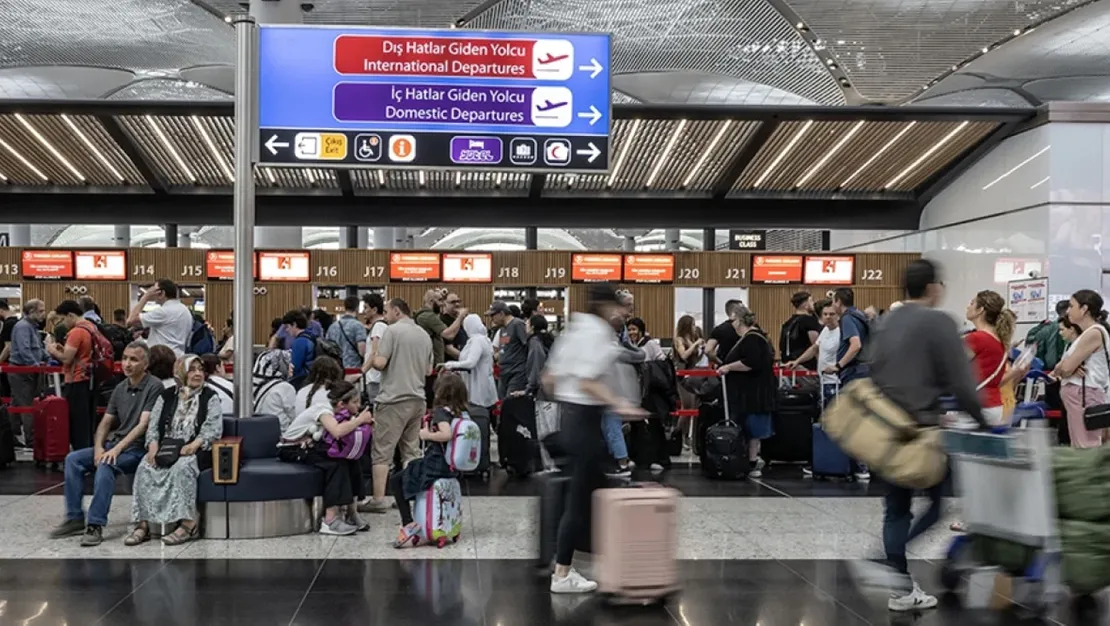Record-Breaking Istanbul Airport Crowned Europe's Busiest for Third Consecutive Year

Istanbul Airport has cemented its position as Europe's busiest airport, according to the latest data from the European Organisation for the Safety of Air Navigation (EUROCONTROL). With an average of 1,482 daily flights between 21 and 27 April 2024, the airport outperformed its European counterparts, including Amsterdam Schiphol, London Heathrow, Paris Charles De Gaulle, and Frankfurt. This achievement marks the third consecutive year Istanbul Airport has held this prestigious title, showcasing its growing influence in global aviation.
The airport's success is attributed to its state-of-the-art infrastructure, including the recent commencement of simultaneous triple runway operations on 17 April 2024. This feature not only positions Istanbul Airport as the first in Europe to operate three runways simultaneously but also as the second in the world, trailing only behind the United States. Such advancements have significantly enhanced the airport's capacity and efficiency, contributing to its record-breaking performance.
In 2024, Istanbul Airport handled approximately 80 million passengers, further solidifying its status as Europe's largest and second-busiest airport. The airport's passenger traffic saw a 4% increase year-on-year and a remarkable 24% surge compared to the same period in 2019. Additionally, it emerged as Europe's busiest air cargo hub last year, as per the Airports Council International (ACI) Europe's 2024 Annual Traffic Report, highlighting its pivotal role in both passenger and cargo transportation.
The continuous growth and achievements of Istanbul Airport underscore Turkey's strategic investments in the aviation sector, aiming to establish the country as a key global transit hub. With its unparalleled infrastructure and operational capabilities, Istanbul Airport is set to maintain its leadership in European aviation, fostering economic and tourism benefits for Turkey and beyond.


